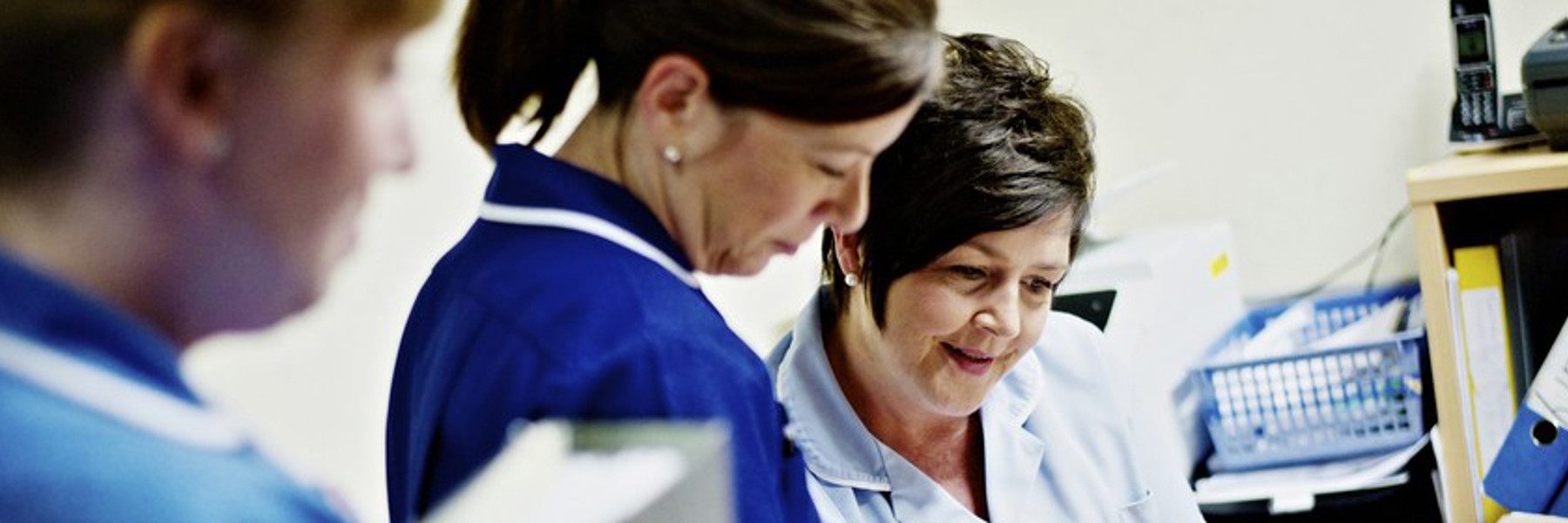Gynaecology
What is Gynaecology?
Gynaecology is the medical practice dealing with the health of the female reproductive systems (vagina, uterus, and ovaries).
The Gynaecology Clinic at Spencer Private Hospitals is fully equipped to provide a full range of diagnostic services, including hysteroscopy and colposcopy. As well as dealing with general gynaecological problems, the Gynaecology clinic offers specialist advice and management of abnormal cervical smears, ovarian cysts, and endometriosis.
We have a fully-equipped theatre where the full range of minimal access procedures (both hysteroscopic and laparoscopic) can be carried out. Some procedures, such as a hysteroscopy and a colposcopy can be carried out in the specially equipped day surgery.
Please visit our Prices page for information on self-funding your Gynaecology care.
Colposcopy
A colposcopy involves using a bright light and a microscope to look at your cervix. The preparation is the same as for when you have a cervical smear. During this procedure, a solution of weak acetic acid (vinegar) is used to dab the cervix. This will then show up any abnormal cells as they will change colour. Should any abnormal cells be present, the Consultant will be able to identify them and take a small biopsy to send away for further analysis.
Loop Diathermy (LLETZ)
A loop diathermy, or LLETZ, is a minor procedure usually recommended after an abnormal cervical smear test result. You will need to be prepared in much the same way as for a cervical smear, the difference being that you will be given a local anaesthetic into the cervix at the beginning of the procedure.
The aim of the loop diathermy is to remove the area of cells which are abnormal so that they may be looked at under the microscope for further investigation. The procedure itself takes only a few minutes to perform. In many cases this will be the only treatment that you will need, though you will require follow up colposcopies to make sure that you have healed well and that there is no reoccurrence of abnormal cell growth.
Services
FAQs
Gynaecology is concerned with the care of the reproductive systems of women or girls.
Gynaecologists inspect, evaluate, diagnose and treat conditions and diseases of the ovaries, fallopian tubes, uterus, cervix, and vagina.
Some of the conditions they deal with include infections of the vagina, uterus and cervix, cervical, ovarian, uterine, vaginal and vulvar cancers, and conditions such as endometriosis, polycystic ovary syndrome, infertility, and incontinence.
They perform many surgical procedures, including hysterectomy.
Gynaecologists have also been trained in obstetrics (pregnancy and childbirth), but their main concern is the care of women's health in general, especially in relation to the female reproductive system — dealing with issues ranging from menstruation and fertility to sexually transmitted diseases and hormone disorders.
A colposcopy is a straightforward outpatient procedure. After applying a mild vinegar solution to your cervix, the Consultant will use a microscope to check for abnormal cells. If necessary, a small biopsy may be taken for further analysis. It usually causes mild discomfort but no significant pain.
LLETZ is performed under local anaesthetic, so you should feel minimal pain during the procedure. You might experience some cramping afterwards, similar to a period. Recovery is quick, and many patients resume normal activities the next day.
Yes, many procedures such as hysteroscopy, colposcopy, and minor surgeries can be done on a day case basis, meaning you can go home the same day.
We accept self-funding patients and those with private medical insurance. For self-funding options, please refer to our Prices page. Our team can guide you through the process and provide cost estimates before treatment. If you’re funding via private medical insurance, your insurance provider may require that you have a GP referral in order to approve payment.
As with any surgery, there are some risks such as infection, bleeding, or reaction to anaesthesia; however, our Consultants always ensure that risks are minimised. Your Consultant will discuss these with you in detail and answer any questions to ensure you’re fully informed.







